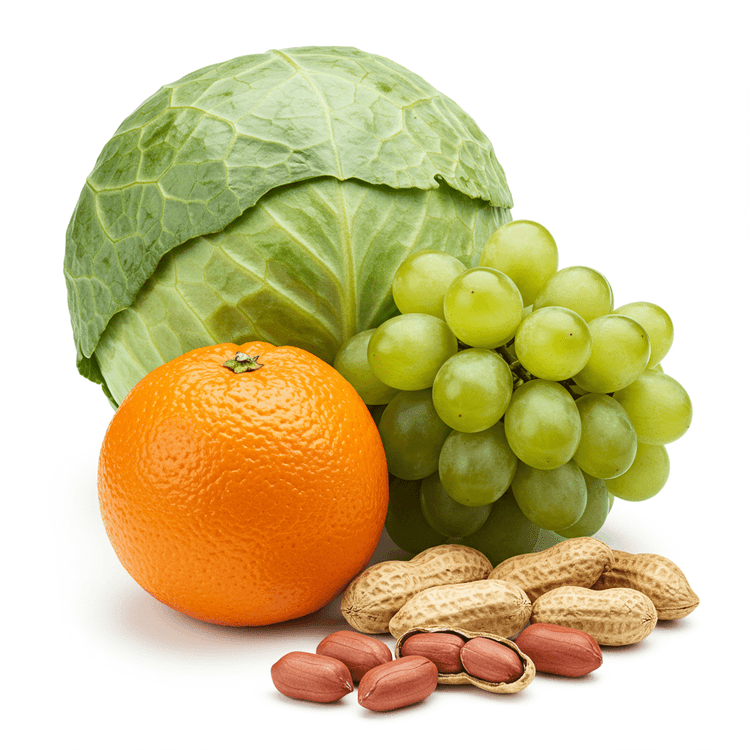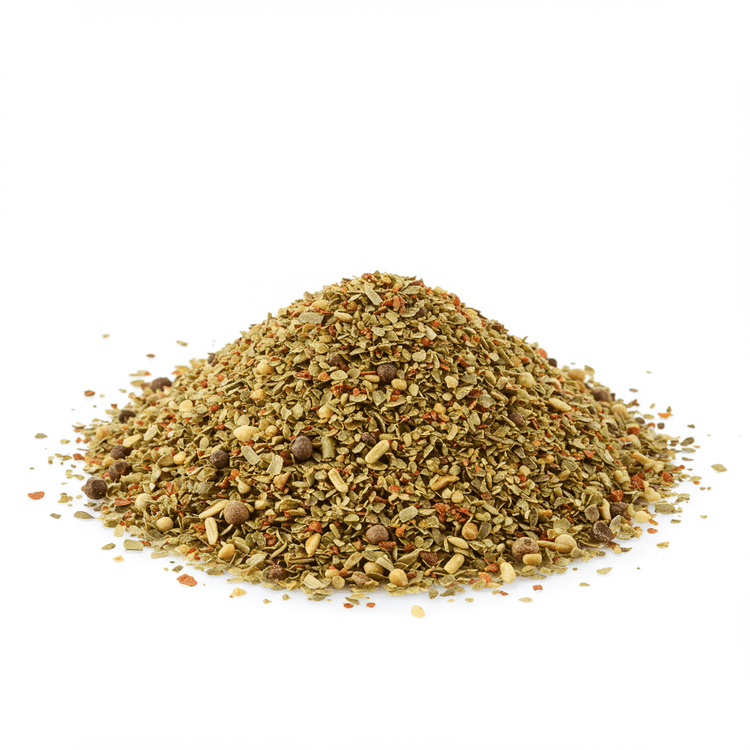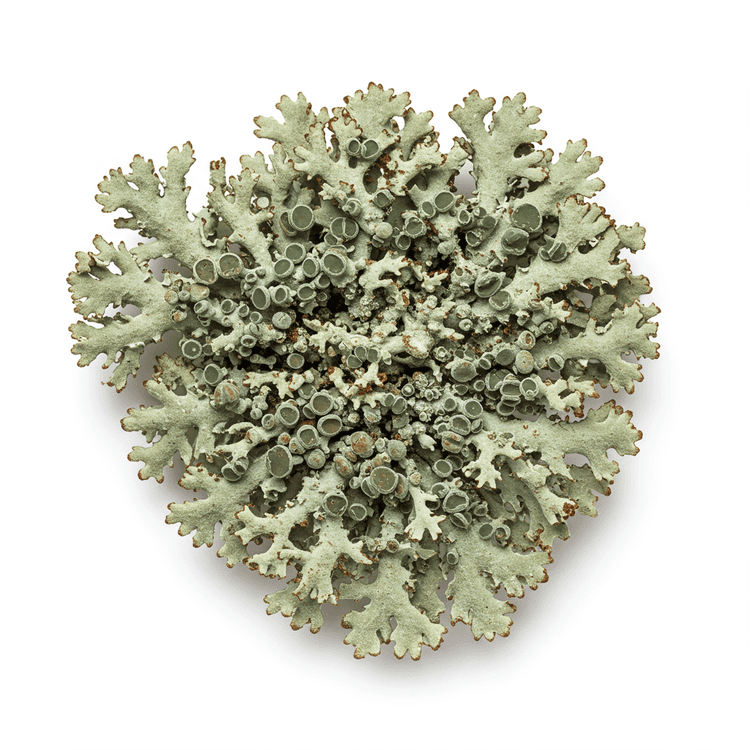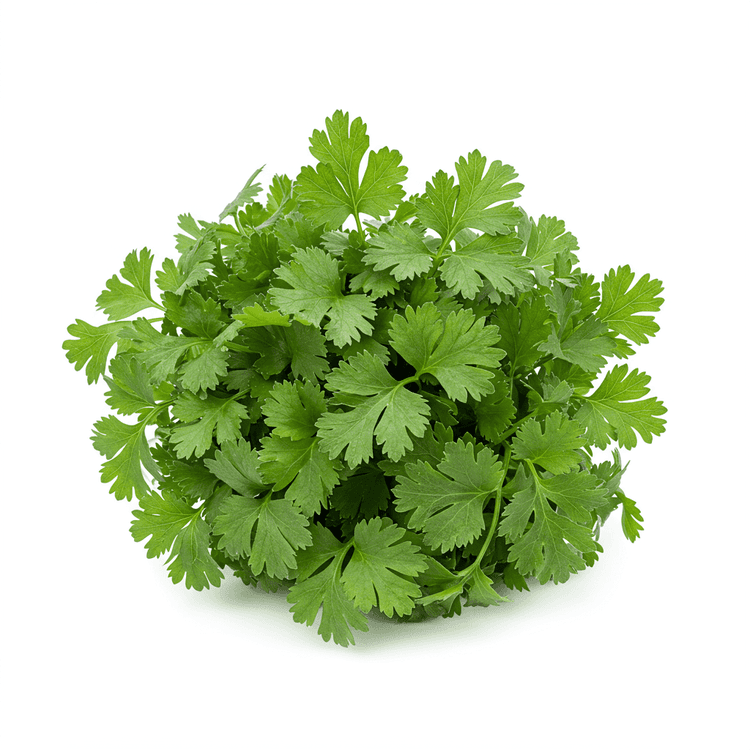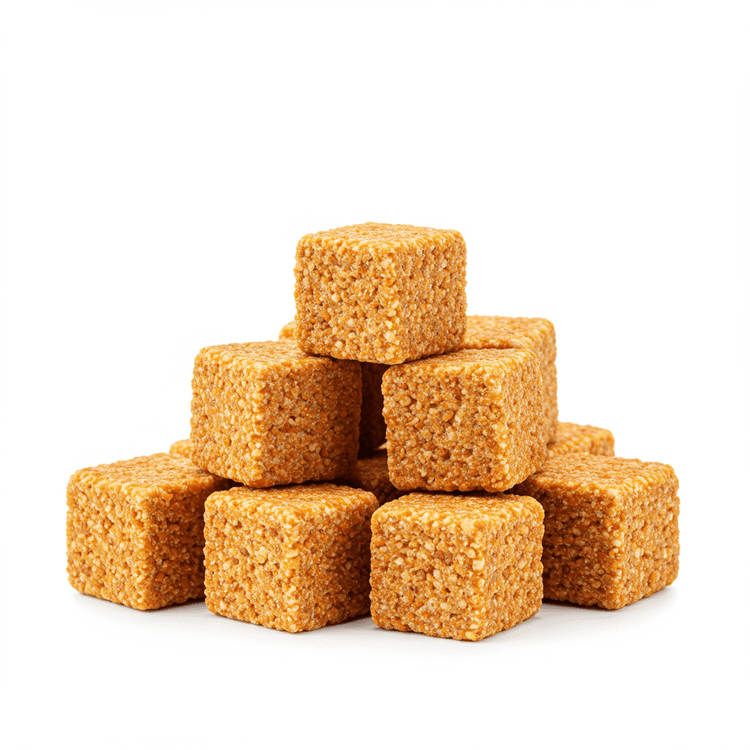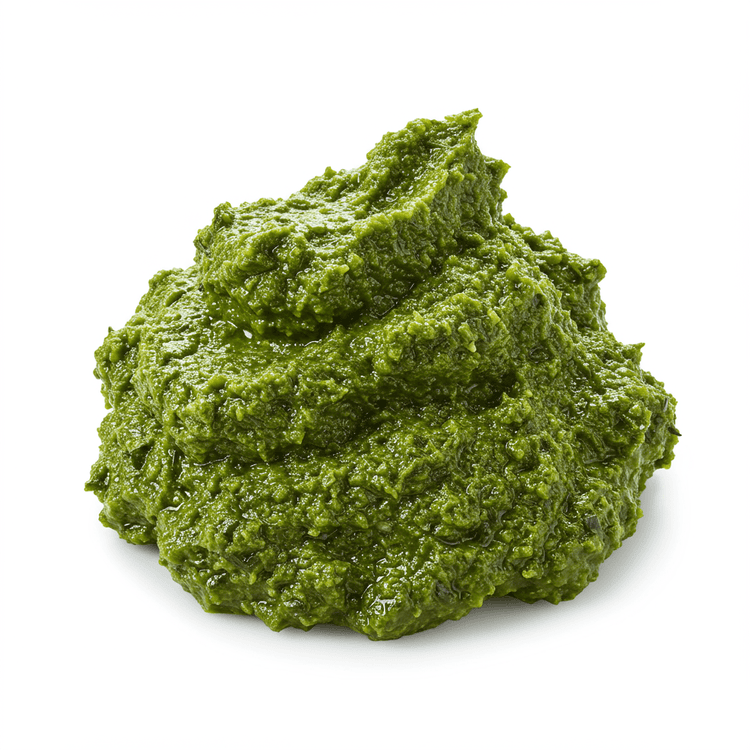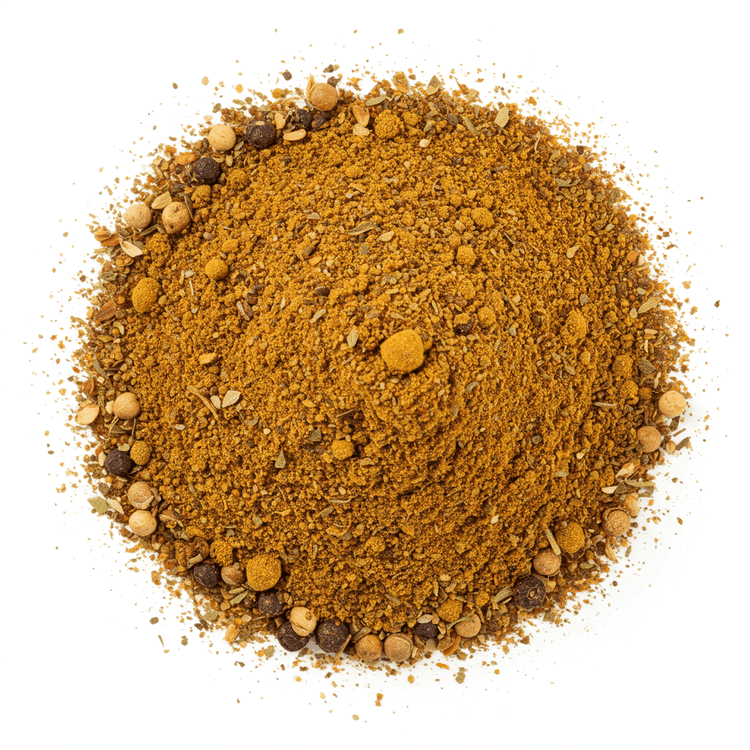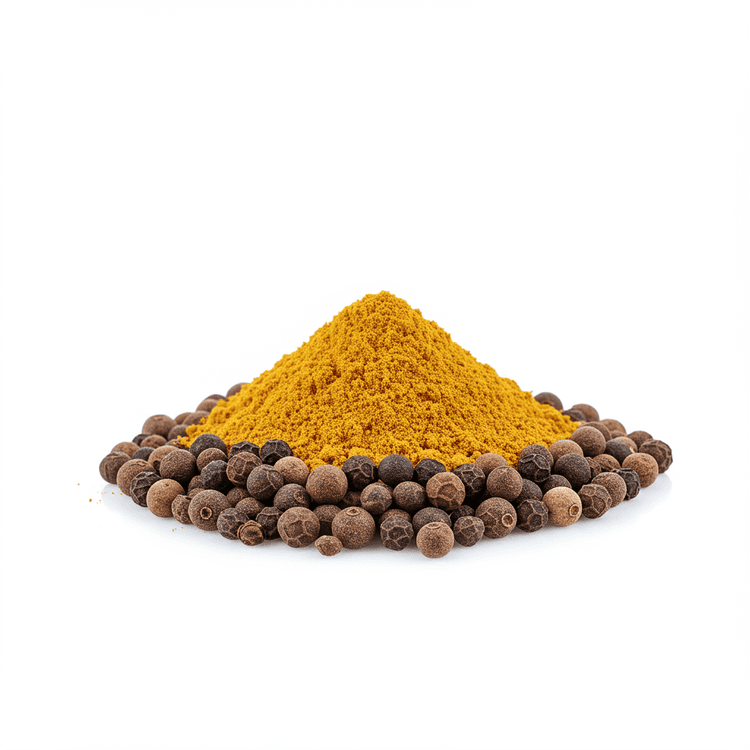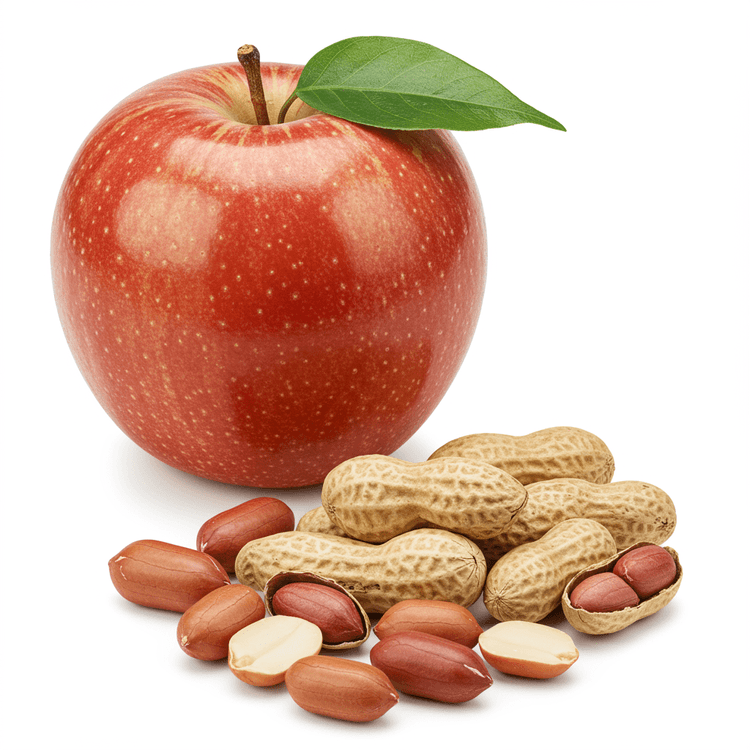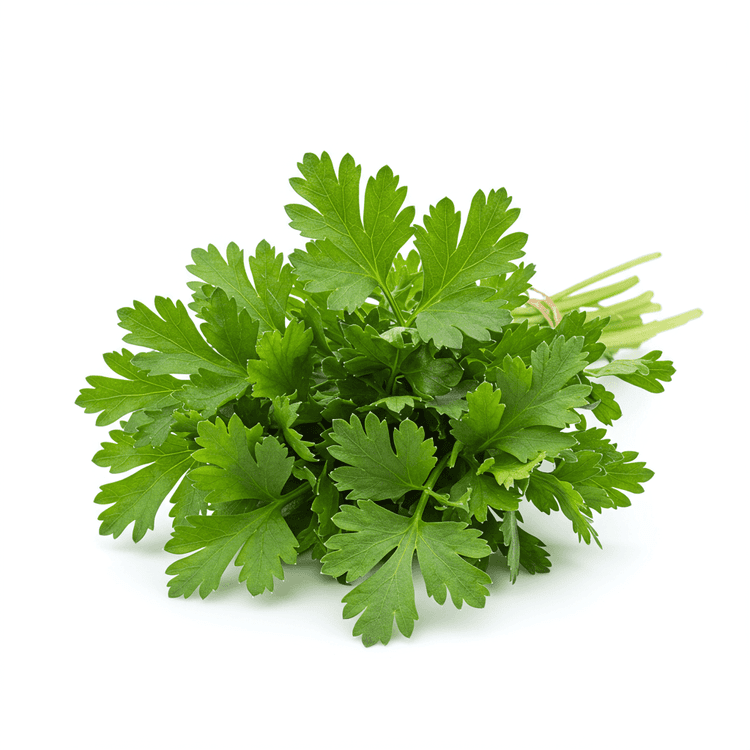
Herb
Herbs are aromatic plants, or parts thereof, used to flavor food, beverages, and for medicinal purposes. These culinary treasures boast diverse flavor profiles, ranging from the bright, citrusy notes of lemon balm and the peppery zest of basil, to the earthy undertones of thyme and the refreshing coolness of mint. Their textures vary from the delicate, leafy softness of parsley to the slightly tougher, more robust leaves of rosemary. Fresh herbs offer vibrant green hues, while dried herbs are often more muted in color. Explore a wide range of fresh and dried herbs to elevate your cooking and add a layer of complexity to your dishes. Discover creative ways to incorporate herbs, from simple garnishes to integral recipe components, to unlock their full potential. Whether you're looking for the best herbs for seasoning, enhancing flavor, or exploring herbal remedies, understanding the characteristics of each herb is key to unlocking delicious and aromatic culinary creations.
Common Uses
- Infuse oils and vinegars with herbs like rosemary or thyme to create flavorful dressings and marinades for salads, meats, and vegetables. The herbal infusion adds depth and aroma.
- Use fresh herbs such as basil, oregano, or parsley as a finishing garnish to elevate the presentation and flavor of pasta dishes, salads, and soups. Sprinkling fresh herbs on top adds a burst of freshness.
- Incorporate chopped herbs like cilantro, mint, or dill into sauces and dips, such as guacamole, tzatziki, or chimichurri, to enhance their flavor profiles and add a refreshing element. Fresh herbs are essential for vibrant flavor.
- Add herbs like bay leaves, thyme sprigs, or sage to soups, stews, and braises during the cooking process. These herbs slowly release their flavors, creating a richer and more complex taste.
- Mix dried herbs like Italian seasoning, herbes de Provence, or poultry seasoning into meat rubs and spice blends to season roasts, grilled meats, and poultry. The herbs create a fragrant and flavorful crust.
- Use herbs like mint, lavender, or rosemary to flavor beverages such as teas, lemonades, and cocktails. Infusing drinks with herbs adds a refreshing and aromatic twist, making them more enjoyable.
Health Benefits
- Rich in antioxidants, helping to combat free radicals and reduce oxidative stress.
- May possess anti-inflammatory properties, potentially alleviating symptoms of inflammatory conditions.
- Some herbs can aid in digestion and relieve bloating.
- Contributes essential vitamins and minerals to support overall health.
- Many herbs are known to boost the immune system and fight off infections.
- Can improve cognitive function and memory.
Substitutes
Chefadora AI is here.
Experience smarter, stress-free cooking.
Storage Tips
The best way to store herbs depends on the type. Soft herbs like parsley, cilantro, and basil should be stored like cut flowers: trim the stems and place them in a glass of water, then loosely cover with a plastic bag and refrigerate. Hardier herbs like rosemary, thyme, and oregano can be stored dry in the refrigerator, wrapped in a slightly damp paper towel inside a plastic bag. Alternatively, you can dry herbs by hanging them upside down in a cool, dark, and dry place. Dried herbs should be stored in airtight containers away from light and heat.
Marnirni-apinthi Building, Lot Fourteen,
North Terrace, Adelaide, South Australia, 5000
Australia
